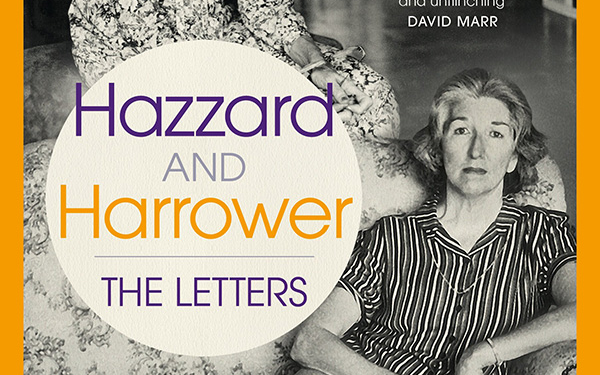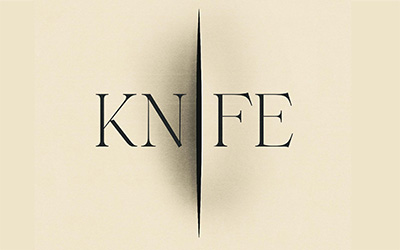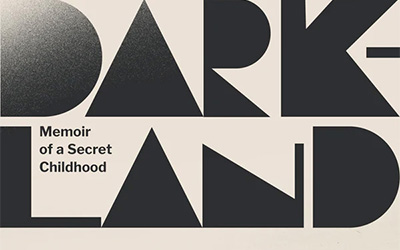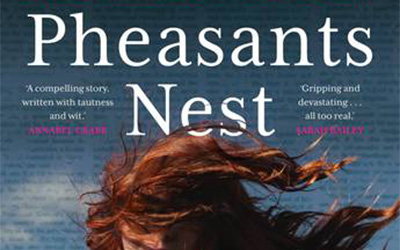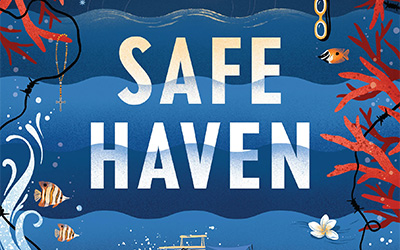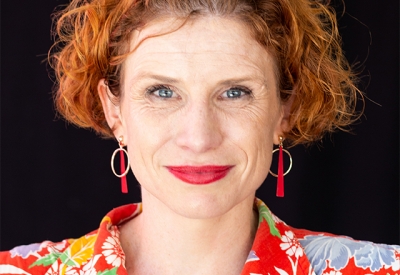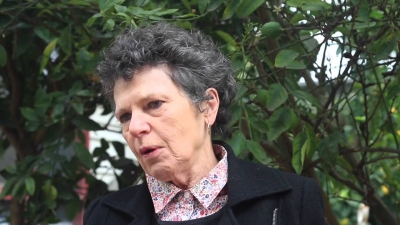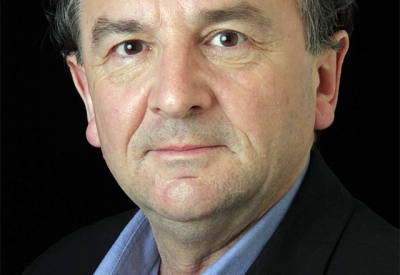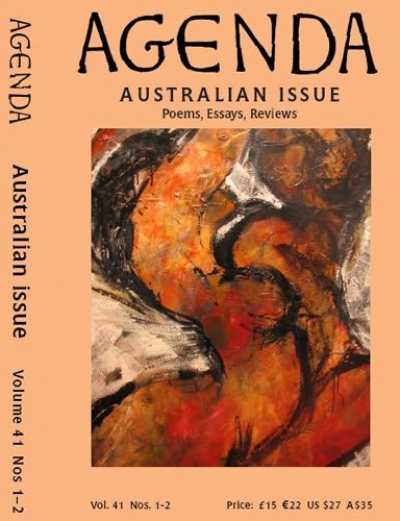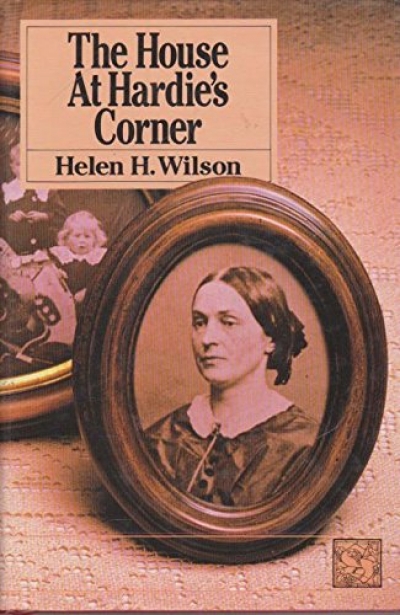Fiction
Bright Objects by Ruby Todd
One of the joys of reading – and a point of difference from narratives told on the various screens we turn to for leisure – is imagining a story’s mise en scène. Our mental pictures (termed phantasia by a group of British neurologists) are a strange alchemy of images from our memories, thoughts, and dreams. Though visualisation is not a universal experience, many readers may comment that a book-to-film adaptation was ‘exactly as I pictured it’ or else ‘nothing like what I saw in my mind’s eye’.





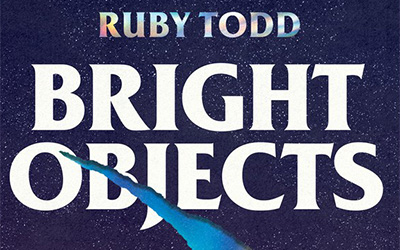
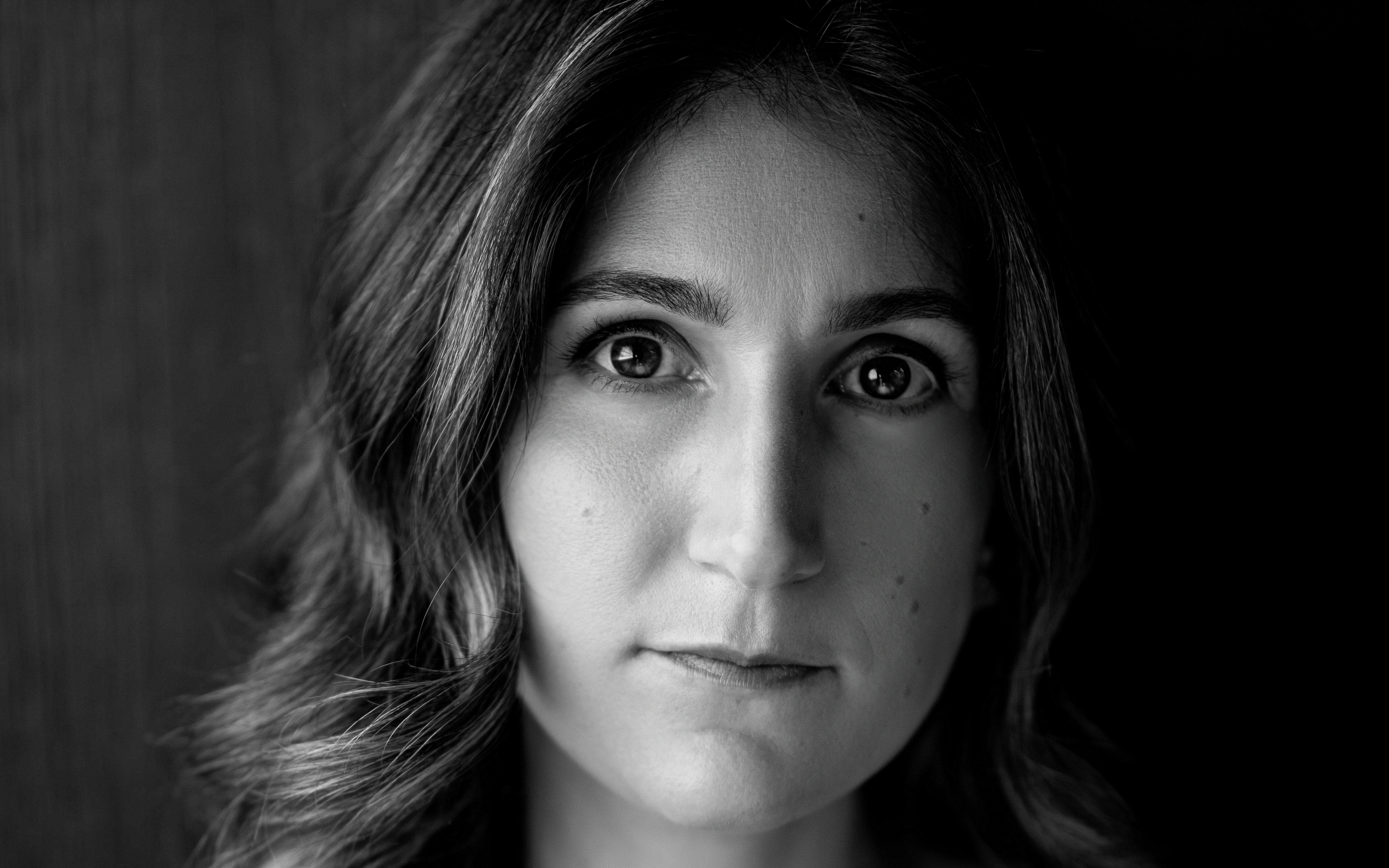
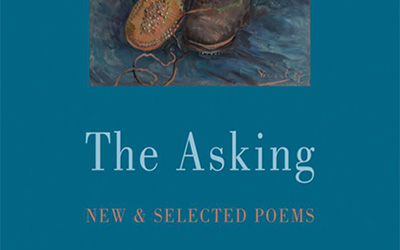
-FEAT.png)
